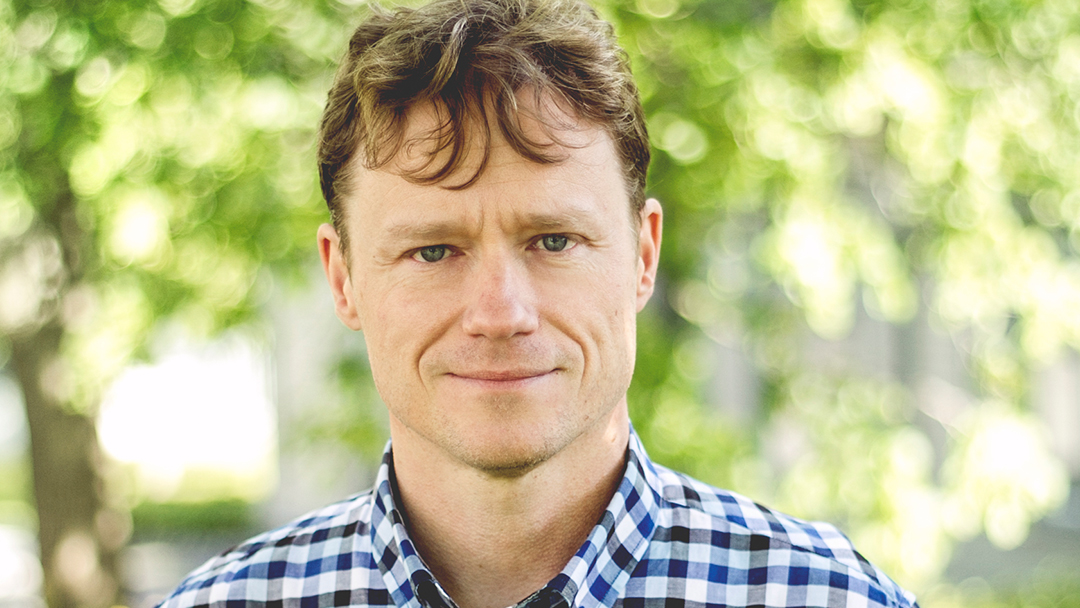Mikael Skoglund named IEEE Fellow

When the IEEE association announced the Fellows for 2019, non-other than Mikael Skoglund, professor in Information Science and Engineering, was found on that list. Skoglund receives the award for his contributions to source-channel coding and wireless communication.
Congratulations Mikael Skoglund on being named IEEE Fellow! How does it feel to get this recognition within your research field?
"To be elevated to grade Fellow is an important recognition that the research you have been doing has resulted in international impact in the general area of Electrical Engineering. The process to be appointed IEEE Fellow is very strict and implemented with the highest integrity, so in general the elevation to Fellow is a well-respected recognition. Therefore, I am of course very happy to have been appointed, and to receive a quality stamp that I have accomplished something. In the “class of 2019” I am also the only researcher in Sweden to be elevated."
What kind of tasks come with being appointed Fellow?
"When you publish in one of IEEE’s journals, they will usually spell out your level of membership next to your name. Perhaps the fact that “Fellow, IEEE” is written next to mine can attract additional interest in the paper, and possibly also increase the expectations on the work presented. In my experience, having the title can also make you more interesting as a potential PhD supervisor for international top-students on the hunt for a PhD position. Yet other effects might be that the likelihood that you are invited to give, e.g., keynote talks at conferences increases, or that you are asked to engage to chair of a technical program."
What are you working on at the moment?
"My academic main interest is information theory, and the IEEE Information Theory Society is my main technical society within IEEE. Previously in my career wireless communications was often the main area of application. While this field is still important, my focus has shifted a little bit toward applications in cyber security and the interaction between information theory and control theory. My group is now also engaging in using information theory to try to understand how and why deep learning in neural networks works so well, and what the fundamental limitations are."
About IEEE
The IEEE is the world’s leading professional association for advancing technology for humanity. Through its 400,000 plus members in 160 countries, the association is a leading authority on a wide variety of areas ranging from aerospace systems, computers and telecommunications to biomedical engineering, electric power and consumer electronics.
Dedicated to the advancement of technology, the IEEE publishes 30 percent of the world’s literature in the electrical and electronics engineering and computer science fields, and has developed more than 1300 active industry standards. The association also sponsors or co-sponsors nearly 1700 international technical conferences each year. If you would like to learn more about IEEE or the IEEE Fellow Program, please visit www.ieee.org .

